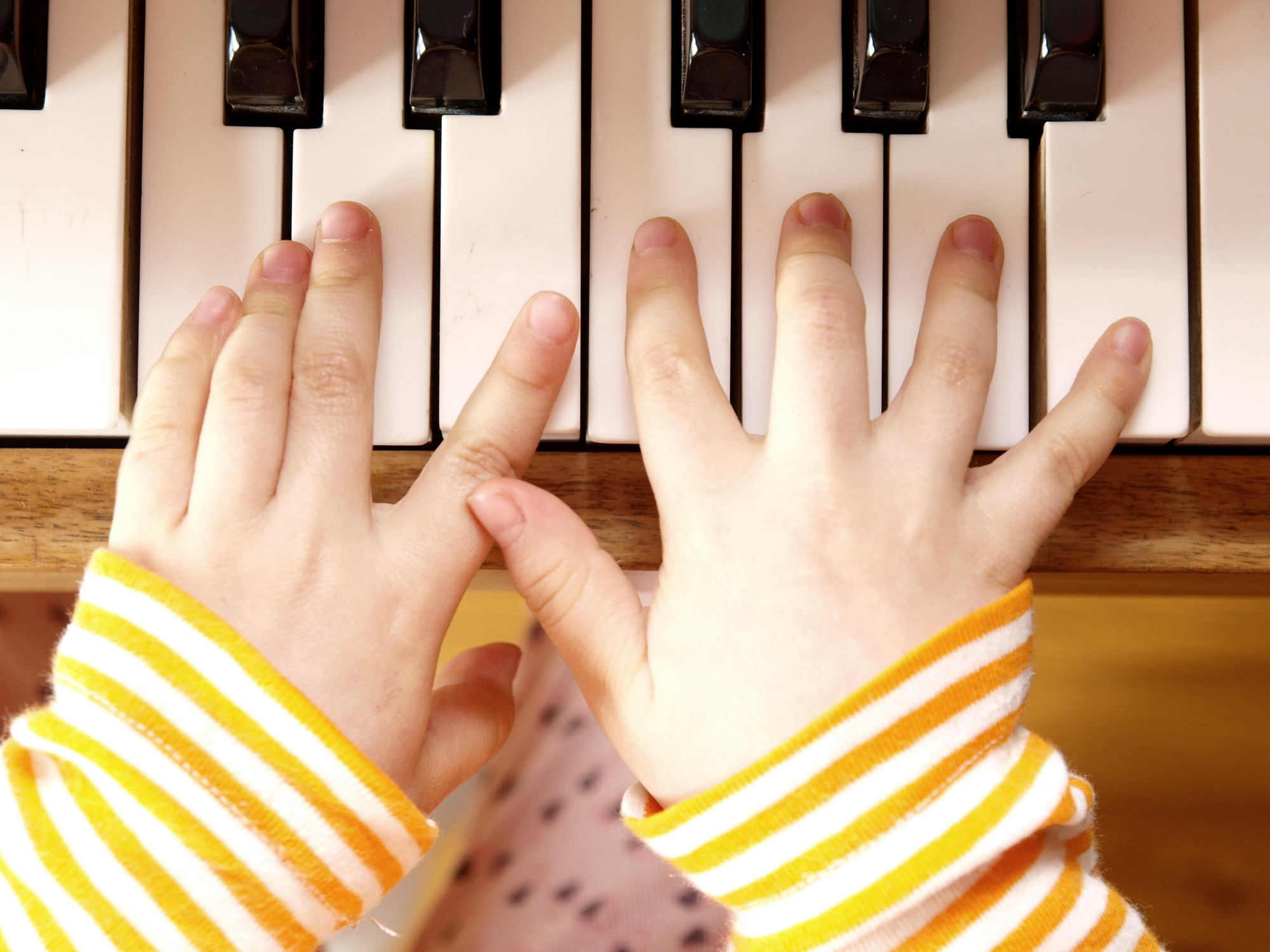EDITOR’S CORNER
Anyone who has ever warbled a tune while rocking a fussy infant knows the power of music, even if the lullaby in question is some exhausted midnight rendering of “Baby Shark.” Music calms. It centers.
So the latest research on the effects of music therapy for children and teens diagnosed with ADHD is not — or shouldn’t be — a surprise.
In a new study published in the BMC Complementary Medicine and Therapies, two groups of youths participated in a randomized controlled trial: One received “standard treatment” only, while the other received standard treatment plus music therapy (both listening and improvising) twice a week over three months. The latter group showed a clear reduction in depression and stress. Their heart rates, blood pressure, and cortisol went down, serotonin went up, and their scores improved on psychological-assessment scales.
But the kids who received “standard treatment” alone? They showed none of that. For the authors of the study, the takeaways are obvious:
“The application of music therapy as an alternative treatment for ADHD children and adolescents showed positive neurophysiological and psychological effects,” they conclude. “Therefore, this study would like to propose a new alternative to medicine for preventing and treating depression through various uses of music therapy.”
The implications are undeniable: Music is therapeutic in ways that drugs aren’t. The latest research shows that the usual, medical approach for youths diagnosed with ADHD doesn’t actually make them feel better — just as other research shows that widely prescribed stimulants don’t actually help them do better in school. Instead, they can cause hallucinations and alter their brains, and can stunt growth with long-term use.
But making music? Or simply hearing it? That helps. It helps children and adults emotionally and cognitively, in multiple ways and in multiple parts of the brain. The only thing shocking about this revelation is the fact that it keeps having to be stated and restated, over and over, despite stacks of publications highlighting the benefits. In one study, research showed that simply listening to a relaxing of music — in this case, Gregorio Allegri’s Miserere — notably reduces stress responses, including cortisol levels. In another study, a music-based intervention that combined listening with “rhythmic sensory stimulation” showed “significant changes from baseline in measures of depression and associated symptoms, including sleep quality, quality of life, and anhedonia.”

Three years ago, I wrote a series of articles on the mental-health impact of music, including this chunky piece on the reams of research showing it’s good for us. I mean really good for us. For children in particular, learning music helps them develop and maintain “executive function” skills that allow them to buckle down and ignore distractions. It helps kids with math. It helps them with language. Unlike ADHD drugs, it helps them do better in school. It also helps babies cooperate, 4-year-olds cooperate, and teenagers enjoy better social lives.
In my own life, music is a godsend. No matter what worries, responsibilities, and distractions are rattling my brain, a dose of music lifts my spirit and settles me down. But making music, scratching it out on the violin, puts my head in a wholly different place, retraining my focus on the small but demanding task of coordinating my left and right hands within the confines of pitch and rhythm. Making music with other people requires even more focus, forcing me to listen to their sounds and sync to them in relation to my own. I need to concentrate on playing that tricky D-flat on the correct beat, or I’ll be horrifically out of tune and out of whack with my fellow musicians.
All of that focus, all of that sound, mutes the noise in my own head. I don’t have the space to think about anything else. Beyond that, music also helps me connect, forming social ties as I harmonize with people both literally and figuratively. These are all reasons why my late husband and I insisted that our kids participate in music, whether choral or instrumental, all the way through high school, and they’re all reasons why I’m heartbroken and baffled whenever music funding gets slashed in school budgets. (Aside from every other benefit, research also shows that schools with music programs yield higher attendance and graduation rates.)
So whenever I read about the latest study showing the emotional, cognitive, or physical benefits of this ancient art form, I shrug and say, Well, yeah. Music zings us with joy and expands our world while teaching us to zero in on the task at hand. It grounds us and heals us.
As the playwright William Congreve observed centuries ago, “Music has charms to soothe a savage breast, to soften rocks, or bend a knotted oak.” Someday, maybe, the psychiatric establishment will embrace this wisdom of the ages, and it will be the first approach — not the “alternative” one — to helping kids and adults in distress.
Amy Biancolli, Family Editor
***
More from Mad in the Family.
More Editor’s Corners














